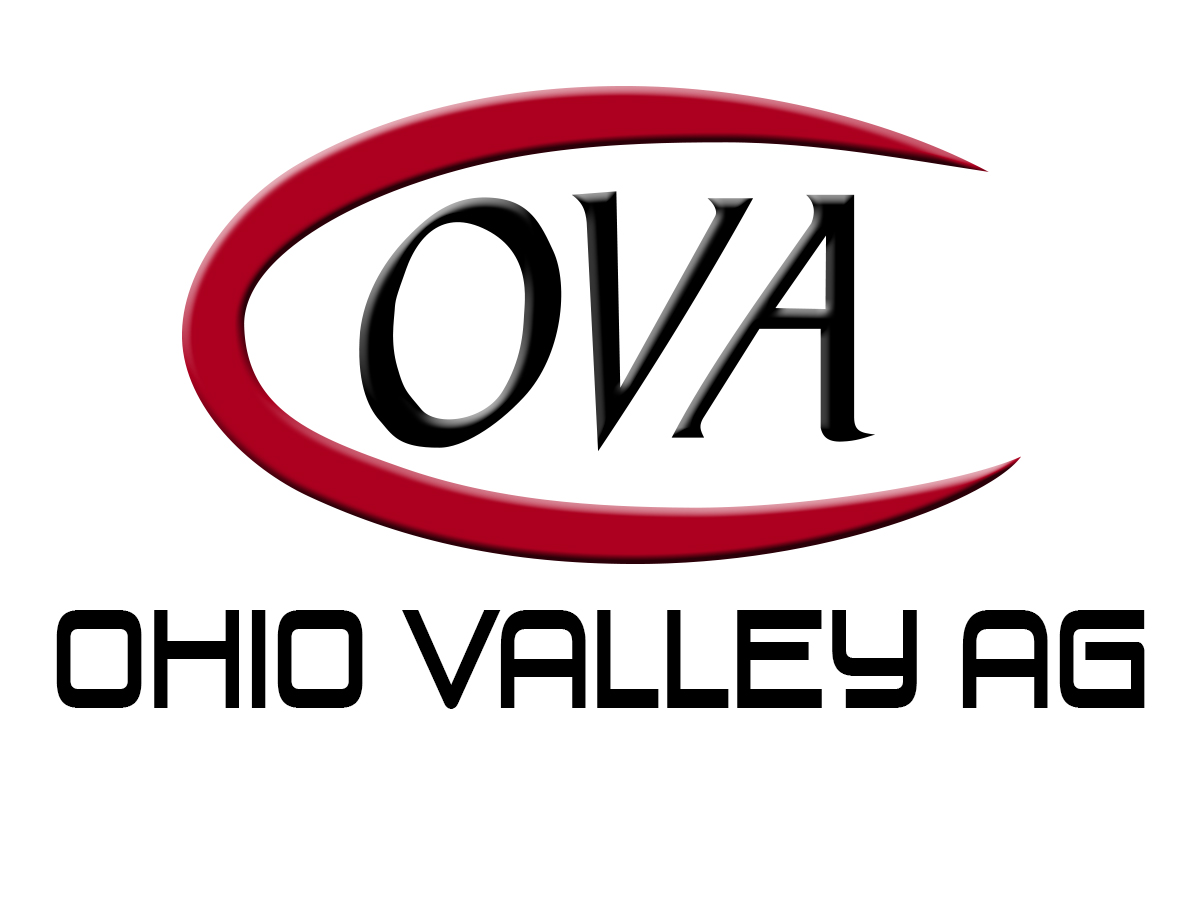A new Purdue Extension publication is designed to remind producers about the basics of measuring pesticides correctly for their operations.
“Measuring Pesticides: Overlooked Steps to Getting the Correct Rate” is a recent, expert-reviewed publication that helps producers understand the steps needed to properly measure chemicals for pesticide application.
According to Fred Whitford, coordinator of Purdue Pesticide Programs, not measuring pesticides prevents producers from gaining control of the weeds, insects and diseases in their crops. It also can reduce yields or increase costs when additional applications are needed.
“Producers rely so much on technology to do work that they sometimes forget that the equipment will not work if the machine tanks are not correctly filled,” Whitford said. The publication informs pesticide users about measuring products and using the proper measuring devices.
“We get so enamored with technology that we often forget that it’s the little things that make technology work,” he said.
“A common mistake by applicators addressed in the publication is the misunderstanding of the difference between dry and liquid ounces,” Whitford said. The confusion can cause the products to be over applied, which increases costs, or under applied, which may result in less control.
The publication is unique in that it’s the only one on the market that covers the proper measuring practices of pesticides. It is relevant for anyone who uses chemicals to manage land – whether a golf course manager, farmer or homeowner.
The publication was mailed to every pesticide application business in Indiana that is licensed with the Office of the Indiana State Chemist. It is available online and in hard copy. Visit the Purdue Pesticide Program page ( http://www.ppp.purdue.edu/ ) for more information.
Purdue University | September 4, 2012
Visit Agrimart now for all of your ag spraying needs.

